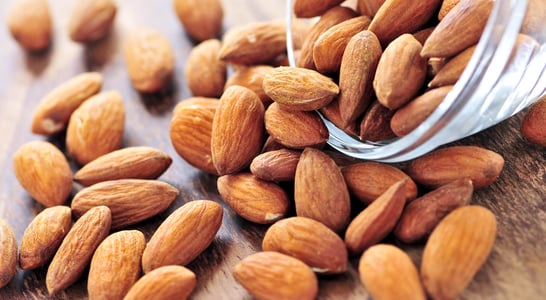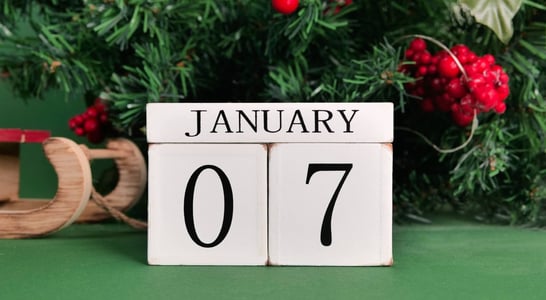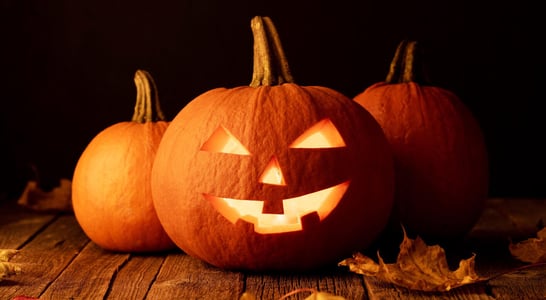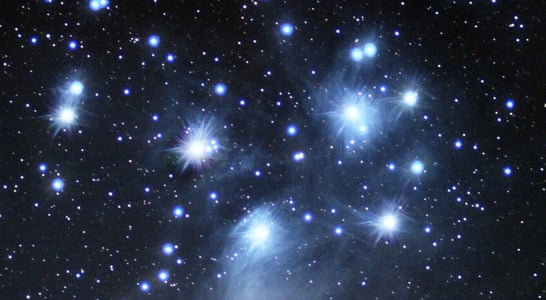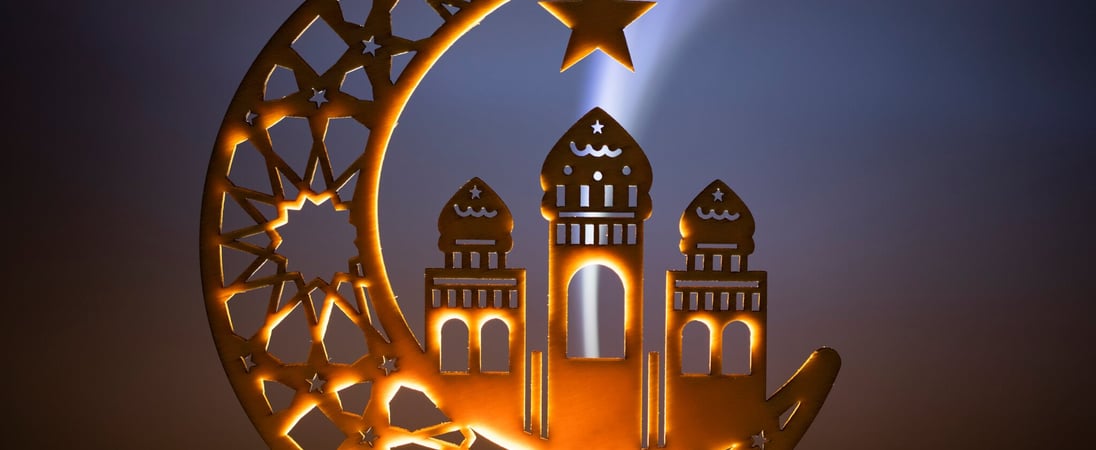
Ramadan
During this holy month, Muslims fast from sunrise to sunset, focusing on spiritual reflection and community. Ramadan is a time for self-improvement and bringing people together in celebration of faith.
Ramadan is one of the most important events in the Muslim world. It takes place during the ninth month of the Islamic year (on the Gregorian calendar, it usually falls between the months of March and April,) and follows the lunar calendar, meaning that it starts on the night of the crescent moon.
How to Observe Ramadan
For the Islamic world, Ramadan is not a celebration, but a time of spiritual and religious contemplation. Praying, taking selfless actions like donating to charities, for example, and abstaining from sinful actions are ways to show their commitment to their faith.
They also take part in the daily fasting, which is mandatory for all save for a few exceptions (the ill, pregnant women, the elderly, etc.) The community usually comes together to observe a pre-dawn breakfast (suhoor), a meal frequently in buffet style full of traditional dishes, which occurs very early in the morning, right before the first prayer of the day, fajr.
After a day of fasting, in which they are only allowed to drink water or eat dates. The evening meal, called iftar, starts once Maghreb, the sunset prayer, has concluded. There are a total of five prayers during the day, and Muslims are also encouraged to read the entire Quran during this month.
Those who want to celebrate the spirit of Ramadan can decorate their houses too if they wish to. The symbol most commonly associated with Islam is the crescent moon and the star, so together with lights and lanterns, these can be used to represent this event in their homes and celebrate their religion and faith.
History of Ramadan
To understand the origins of Ramadan, it’s necessary to go back to the year 610 A.D., the year when the Prophet Muhammad is believed to have received the Quran—the Islamic holy book— from the archangel Gabriel (also Jibreel or Jibril). By receiving the Quran, the prophet became the messenger of Allah.
The night it happened is known as Laylat Al Qadar—or the “Night of Power”— and is thought to have taken place during Ramadan, most likely during the last ten days of the month so these days are considered to be particularly blessed. Muslims also believe that the Night of Qadr is the night which Allah shows them mercy and that it is also the night in which their fate is decreed.
As a way to commemorate the revelation of their holy book, Muslims fast, pray and ask for forgiveness during Ramadan, hoping to become spiritually closer to their God and religion.
The beginning of Ramadan varies from year to year, but it is marked by the night of the crescent moon (at sundown) while the fasting starts the following day. After a month of these daily rituals, the night of the next crescent moon signals the start of the tenth month or Shawwāl. The first day of this month effectively indicates the end of Ramadan, appropriately called Eid al-Fitr or the “Festival of Breaking the Fast.”
More About Ramadan
The word Ramadan—also be spelled as Ramzan, Ramazan, Ramadhan or Ramathan— derives from the Arabic root r-m-d or ramad and the verb ramiḍa, meaning something that is extremely hot or scorching, blazing, especially by the sun. It is believed that it originally happened during the Summer season, so it is also known as “the hot month” although it may no longer fall on this season every year.
This event lasts for approximately one month, which can be 29 or 30 days depending on the year. Ramadan has traditionally been a period of fasting, praying and reflecting, in which Muslims are required to abstain from food, drinking and sexual intercourse from dawn until sunset every day for the duration of the month. The fast, considered as one of the five pillars of Islam, is called sawn.
Also on ...
View all holidaysNational Almond Day
This small but mighty nut is packed with protein and healthy fats, making it a great snack to keep you fueled throughout the day.
National Random Acts of Kindness Day
Brighten someone's day with unexpected kindness! Hold the door, pay for a coffee, or simply smile. Small gestures make a big difference!
National Drink Wine Day
Raise your glass to a delicious beverage that pairs well with a romantic dinner or a fun night out with friends!
We think you may also like...
Orthodox Christmas Day
Orthodox Christians commemorate the birth of Jesus Christ with customs varying across different cultures and countries.
Halloween
Get ready for a spooky good time this Halloween! Dress up in your favorite costume and indulge in sweet treats, creepy decorations, and thrilling scares. Don't miss out on the fun!
St. Andrew’s Day
Celebrated for his kindness and valor, the patron saint of Scotland's legacy lives on through the Scottish flag and the country's traditions.
